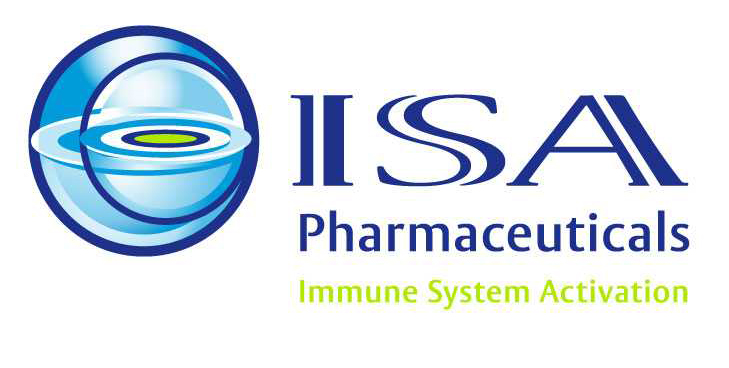Tag: ISA Pharmaceuticals
Company News: Publication Demonstrates Superior Activity of ISA Pharmaceuticals´ SLP® Vaccines Compared to Whole Protein Vaccines

– Study published in European Journal of Immunology elucidates different, improved antigen presentation and T cell-inducing power of SLP® vaccines
ISA Pharmaceuticals B.V., a clinical-stage immunotherapy company focusing on rationally designed therapeutic vaccines against cancer and persistent viral infections, today announced the publication of a peer-reviewed paper in the European Journal of Immunology.[1] The article describes a previously unknown mechanism that explains the excellent efficacy of ISA’s Synthetic Long Peptide (SLP®) vaccines. The authors demonstrate that compared to whole protein antigens, SLP®s are processed much more rapidly and efficiently by dendritic cells (DCs), resulting in an increased antigen presentation to CD4+ and CD8+ T cells, and enhanced CD8+ T cell activation. The improved presentation relates to a distinct intracellular localization of SLP®s after uptake by DCs.
Cancer immune therapy requires the induction of potent CD4+ and CD8+ T cell responses to the malignant cells. This is accomplished by DCs, the major antigen-presenting cells of the immune system. So far it has been challenging to induce a sufficiently potent reaction by vaccinating with whole protein antigens. In a number of preclinical and clinical studies, ISA Pharmaceuticals has already observed improved efficacy of its SLP® vaccines as compared to whole protein vaccines.
To study the underlying mechanism, researchers used both mouse and human DCs. They found that after incubation with SLP® vaccines and subsequent uptake by the DCs, the SLP®s are located in the cell, but are largely outside the cells’ endosomes. In contrast, protein antigens are processed inside endosomes, resulting in a much slower and different processing route. In the study, SLP®s were processed far more efficiently and distinctly into both MHC class I and II antigen presentation pathways than whole protein antigens. This lead to a strong activation of both CD4+ and CD8+ T cells, resulting in potent and efficient immune responses to the antigen.
In previously published clinical studies, ISA had already demonstrated the superiority of SLP® vaccines over short peptide vaccines. Short peptide vaccines, which fit precisely into MHC class I molecules, often do not result in a sufficiently long antigen presentation, and also carry the risk of inducing a mix of favorable pro-immunogenic and detrimental tolerogenic signals. Moreover, short peptide vaccines do not instate efficient immunologic memory. ISA also demonstrated that these differences are caused by the highly selective uptake, processing and presentation of SLP®s by professional antigen-presenting cells, and by the presence of both CD4 and CD8 epitopes in the long peptides.
[1] Rosalia et al.; “Dendritic cells process synthetic long peptides better than whole protein, improving antigen presentation and T-cell activation”, DOI: 10.1002/eji.201343324
http://onlinelibrary.wiley.com/doi/10.1002/eji.201343324/abstract;jsessionid=F0FBA5A73F264503207C22EDF313FAB0.d04t03.

